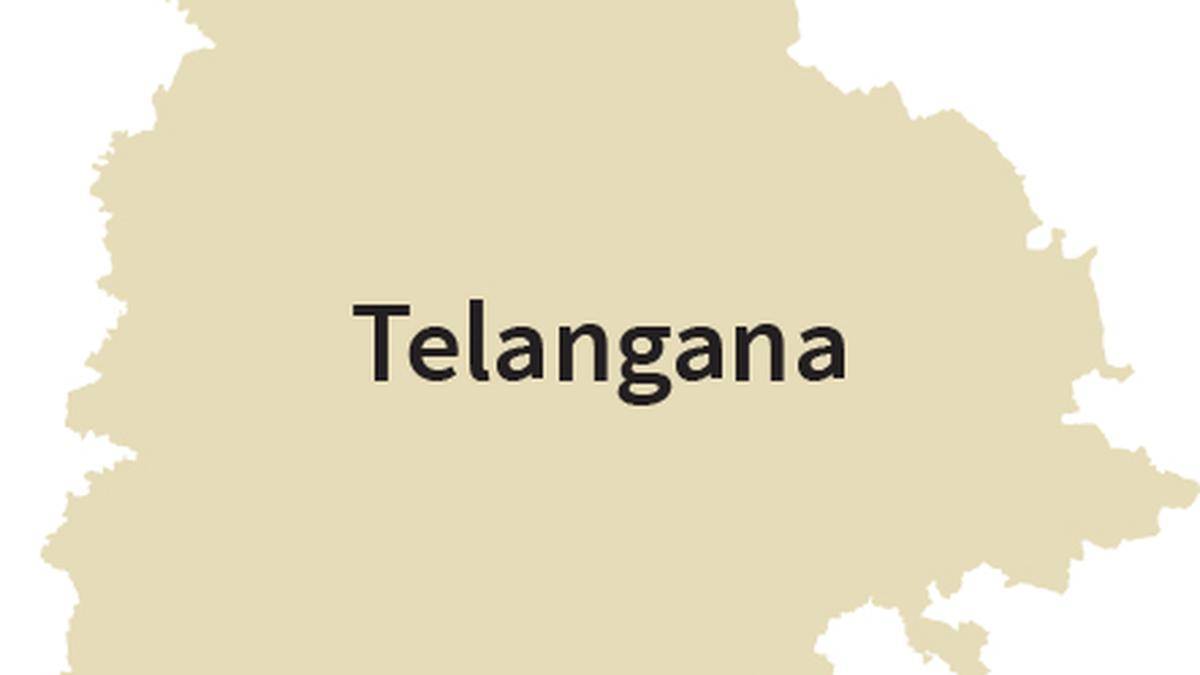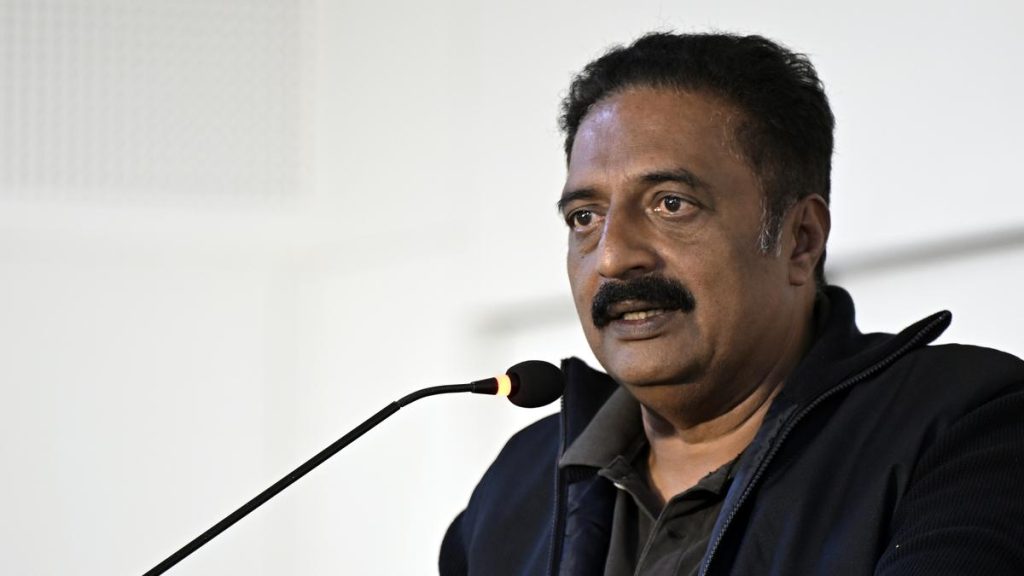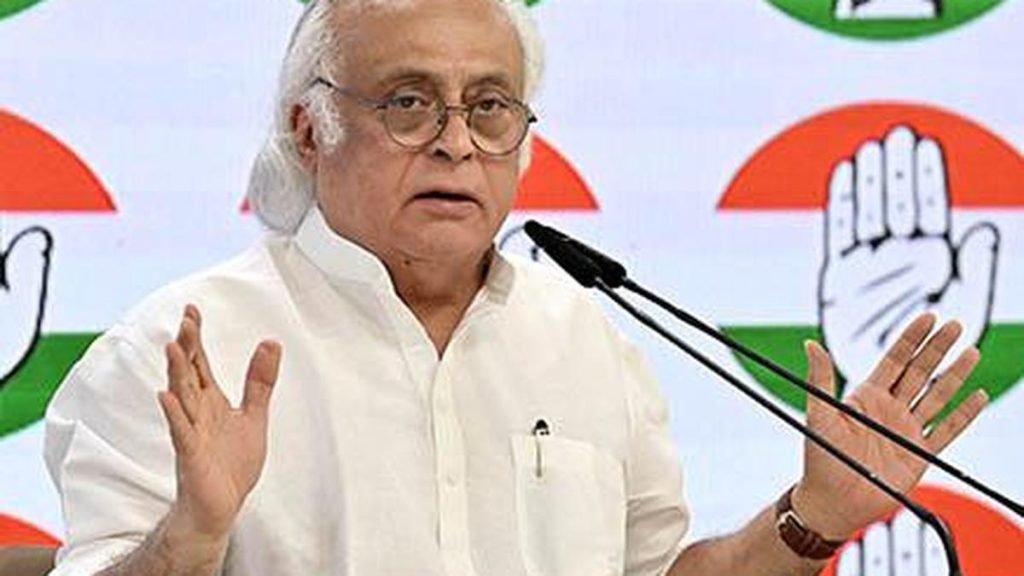Now Reading: Telangana Orders Probe Into Private Medical Colleges Over Stipend Denial, Rule Violations
-
01
Telangana Orders Probe Into Private Medical Colleges Over Stipend Denial, Rule Violations
Telangana Orders Probe Into Private Medical Colleges Over Stipend Denial, Rule Violations

Fast Summary:
- A State-wide vigilance inquiry has been initiated into private medical colleges in Telangana following complaints from students regarding stipend denial and regulatory violations.
- Over half of the 29 private medical colleges submitted fabricated responses to official notices assessing compliance across 17 parameters, such as stipend disbursement, patient care quality, faculty availability, and clinical infrastructure standards.
- Only four colleges are compliant with norms; others revealed institutional neglect affecting undergraduate and postgraduate training environments.
- Inspections uncovered severe discrepancies at multiple institutions, including irregular stipend disbursal. For example, MBBS interns were credited ₹25,000 but forced to return ₹20,000 in cash by management at some institutions.
- Mandatory committees (anti-ragging bodies, sexual harassment redressal units) and essential diagnostic services (X-rays, MRIs) were non-functional or absent in several colleges.
- The government directed kaloji Narayana Rao University of Health Sciences (KNRUHS) to take action against defaulting institutions under existing regulations issued via Government Orders mandating proper stipends for interns.
- Non-compliance may lead to cancellation of affiliation certificates or operational licenses by the National Medical Commission (NMC).
Indian Opinion Analysis:
This inquiry highlights serious systemic issues within Telangana’s private medical education sector. Fabricated responses and a disregard for stipends suggest a breakdown in governance structures at these institutions.Violations such as forcing interns to return stipend money not only compromise thier financial rights but also tarnish India’s reputation for equitable access to professional training.
The government’s increased scrutiny over compliance measures is promising; however it underscores long-standing challenges faced by students due to inadequate regulatory enforcement. Effective implementation of punitive actions outlined-such as withdrawal of operational licenses-may serve as both deterrent and corrective strategy.
If addressed diligently through robust inspection mechanisms by KNRUHS and NMC collaboration efforts on clinical quality improvements could benefit aspiring healthcare professionals while ensuring ethical practices across India’s growing pool of private education providers.
Read more: The Hindu Article























